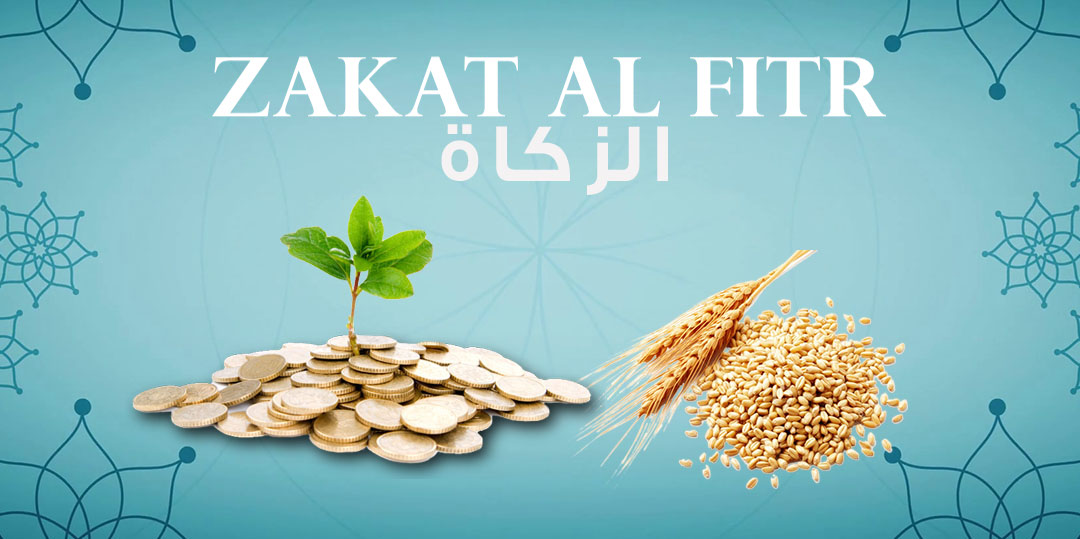Zakat al-Fitr, also known as Sadaqat al-Fitr or Zakat al-Fitrah, is a special form of charity that holds immense significance for Muslims during the holy month of Ramadan. It’s a mandatory act of giving that embodies the spirit of compassion and ensures everyone can celebrate Eid al-Fitr with joy and dignity.

The Wisdom Behind Zakat al-Fitr
Zakat al-Fitr serves multiple purposes:
Purification: It purifies those who observed Ramadan fast from any shortcomings or mistakes they might have made during the holy month [zakat.org].
Charity: It provides much-needed support to the less fortunate, allowing them to partake in the festivities of Eid al-Fitr. This fosters social solidarity and strengthens the bonds within the Muslim community.
Gratitude: It expresses gratitude to Allah (SWT) for the blessings of Ramadan and the strength to complete the fast.
When is Zakat al-Fitr Due?
The window for fulfilling the obligation of Zakat al-Fitr is quite specific:
Earliest: It becomes obligatory after sunset on the last day of Ramadan [Wikipedia].
Latest: It remains due until the beginning of the Eid prayer, which takes place shortly after sunrise on the first day of Eid al-Fitr.
How Much is Zakat al-Fitr?
Traditionally, Zakat al-Fitr is given in the form of staple food items like dates, wheat, or barley. The most common measurement used is 1 Saa’ of food, which is approximately equivalent to 2.1-2.3 kilograms [Islamic Relief Worldwide].
In many localities, there’s the option to fulfill the Zakat al-Fitr obligation with cash donations. These donations are then used to purchase food for those in need.
Who is Required to Give Zakat al-Fitr?
Zakat al-Fitr is obligatory for every free, adult Muslim who has enough food to sustain themselves and their dependents beyond the day of Eid [zakat.org]. This includes:
- Heads of households
- Those who have enough wealth to cover their basic needs
Distributing Zakat al-Fitr
The purpose of Zakat al-Fitr is to ensure everyone can celebrate Eid al-Fitr. The recipients typically fall into the eight categories identified for receiving Zakat [islamonline.net]:
- The poor (Fuqara’)
- The needy (Masakin)
- Zakat collectors (Amilun ‘ala Zakat)
- Recent converts (Muallafatu Qulubuhum)
- Those in debt (Gharimin)
- For the cause of Allah (Fi سبيل الله)
- Wayfarers (Ibnus Sabil)
- Family members (Qarabi)
It is permissible to distribute Zakat al-Fitr to the poor and needy only, but many scholars recommend distributing it among all eight categories.
Fulfilling Your Obligation with Joy
Zakat al-Fitr is more than just a charitable act; it’s a way to share the blessings of Ramadan and Eid al-Fitr with the entire community. By fulfilling this obligation, Muslims contribute to a more just and equitable society where everyone can celebrate and enjoy this joyous occasion.
Additional Tips
- Consult with your local mosque or Islamic organization for guidance on the most appropriate method for fulfilling Zakat al-Fitr in your area, especially regarding current rates for cash donations.
- Give Zakat al-Fitr with a sincere heart, seeking the pleasure of Allah (SWT).
- Encourage others to fulfill this obligation and contribute to a more joyous Eid for all.